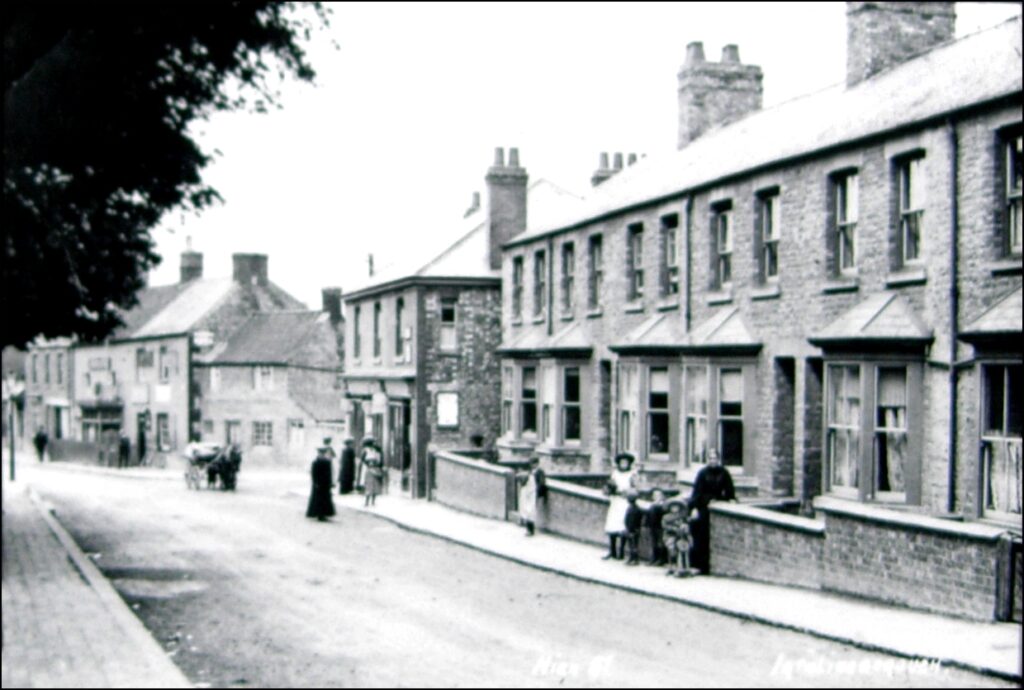edited 5th July 1994
I am the son of Herbert and Catherine Horner. My father was born in Baker Street, Irthlingborough on 30th September 1870, and my mother in Northampton at 45 Wood Street on 26th April 1870.
There were six children in our family – two boys and four girls – myself, Gertrude, Helen, Stephen, Frances and Agnes.
My father was, of course, Church of England and many of the Horner family had been Ringers and Singers for about two hundred years at Irthlingborough. Father has a good quality bass voice with a musical knowledge to match it, and sang in Oratorios and Concerts in the district. At sixteen he was playing the violin with the Church Orchestra as there was no organ here for some years.
My mother was named Moulding, the daughter of Thomas James Moulding. Grandpa Moulding, a native of Grantham, was Tannery Manager at Northampton when mother was born and later came to Irthlingborough and started in business in a factory at the top of Addington Road.
Grand dad Horner was a pressman and sole sorter at John Spencer’s where he worked for 54 years. A regular church-goer during his active life, he often took me to Addington Church on summer evenings – two miles each way despite the fact that I had walked to Wellingborough to Mass in the morning with the Roman Catholic side of the family. Thus I took a very dim view of the whole proceedings!
His beard was about a foot long, and I remember most clearly seeing him skating on the Coney Gears (sic), his beard cleft by the wind as he sped round.
Skating in those days was indulged in by nearly everyone. Most of the old time skaters kept a pair of boots with skates permanently fixed to them. We seemed to get more skating in those days. Some of the skaters used to go skating on the river when we had a long spell of frost, and once they had a cricket match on the Birds Pit below the Old Bridge. My father played in that match. Mr Percy Perkins, a plumber and later Water Engineer to the Urban District Council, was about the best skater of the lot.
Mother’s side of the family being Catholic, we had to go to Wellingborough to Mass before the Rushden Church was built. This meant an hour’s work each way. We always stopped at Stone Cross on the way home, the adults for beer, the youngsters for lemonade, spruce we called it then, and every one had a square of gingerbread.
We often had stones thrown at us by youngsters as we left or entered the top of the town on Sunday mornings. However, we were never allowed to retaliate and that practice died out after about a year.
My mother did not often come to church as she was either nursing a baby or expecting another one.
Father always used to help in the home on Sunday. During the week he had many activities, he would be singing, or playing the cello at least two nights a week. He was a founder member of the Conservative Club, and studied at the Technical Classes for pattern cutting, as he was a clicker and pattern cutter at John Spencer’s.
Father gained the highest Honours Diploma after three or four years, and sometimes gave lectures in pattern cutting.
In season father kept a good garden and so helped the catering side. We also kept a few hens and I built up to six hives of bees. My grand dad Horner kept bees and gave me a swarm to start with.
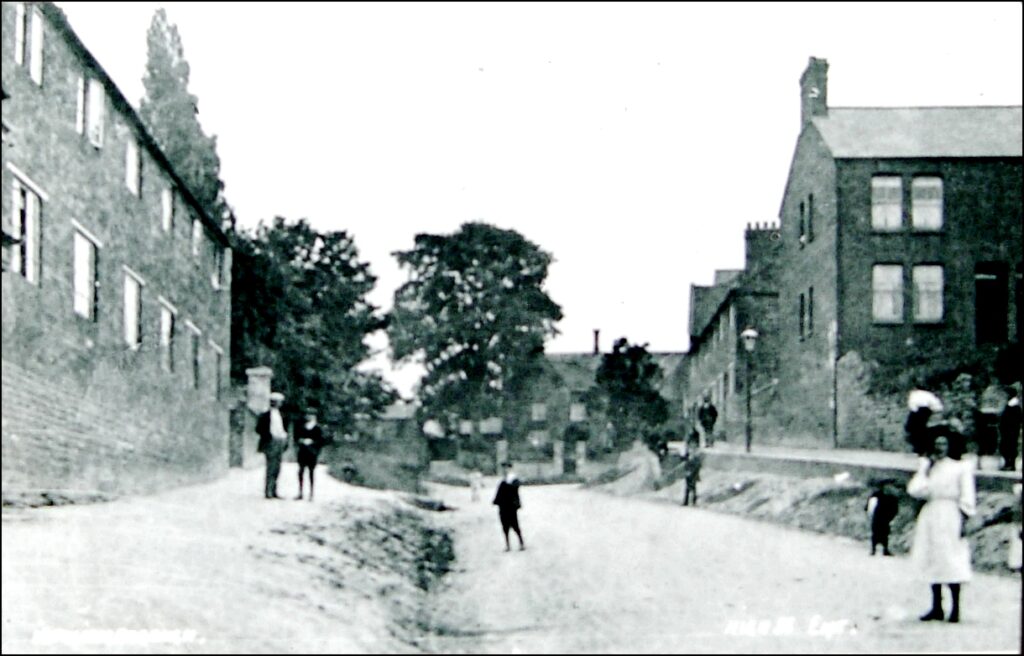
THE TOWN
When I first remember Irthlingborough, the High Street was much the same is it is now [1994], but the other streets had fewer houses, and of course there were no Council Estates.
All water was from wells, pumped or drawn, and only the upper class had gas. We had no gas in the house in those days and everything was done by the light of paraffin lamps or candles. Reading in bed was not encouraged!
Taking the High Street as I first remember it clearly – say about 1900 when I was seven years old – the Post Office was run by Mr. Dainty Clark. He had six daughters, two of them helped in the Post Office and one was a very good Morse operator.
They also conducted a drapery business. They sold very good quality women’s clothes and men’s shirts etc. They used to give out shirts ready cut out to women for making up at sixpence a shirt.
All post went by rail and the postmen finished up by taking the parcels down to the station on a two wheeled truck at seven each evening.
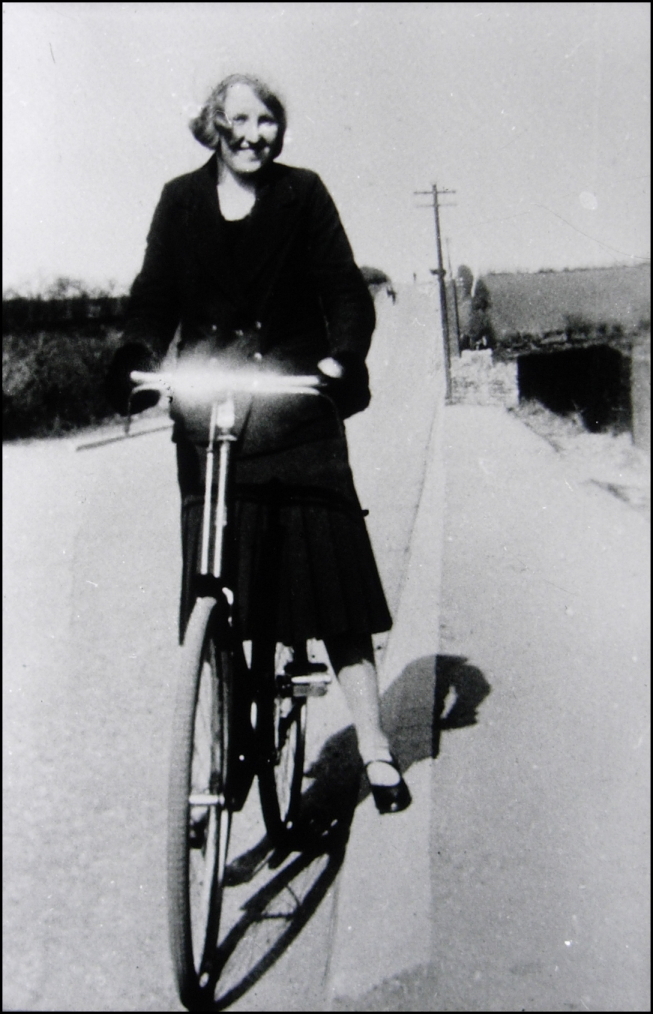
THE DOCTORS
The doctors were Dr. Robb at “The Limes” and Dr. Bird.
Dr. Robb used to walk a great deal of his round, but he had a horse and trap for Addington and Woodford. He later bought a bicycle – the first one in Irthlingborough with a gear case. We looked at it with absolute reverence.
Dr Robb married Miss Spencer, daughter of John Spencer the shoe manufacturer, and later became a director of the business. He was also interested in a few other ventures, not all of which prospered!
He was a fine family doctor and had great assistance from the ambulance brigade of that period. I remember a few members – Roderick Bugby, Percy Anderson, John Pinnock, C. Eathly, W. Botterill, and the nurses Miss Lottie Horner, Miss M. Shortland and Miss Lottie Bugby.
The first chemist I remember was Blott who went away soon after.
Mr S. G. Coles was the next chemist and he stayed until his death in the nineteen forties. A very serious man and very competent – “almost as good as a doctor” was the man in the street’s opinion. Not a good tooth extractor – he used to take teeth out but was a shade nervous, but he did his best with the equipment of the day, and many would take a chance with him sooner than walk to Wellingborough or Rushden.
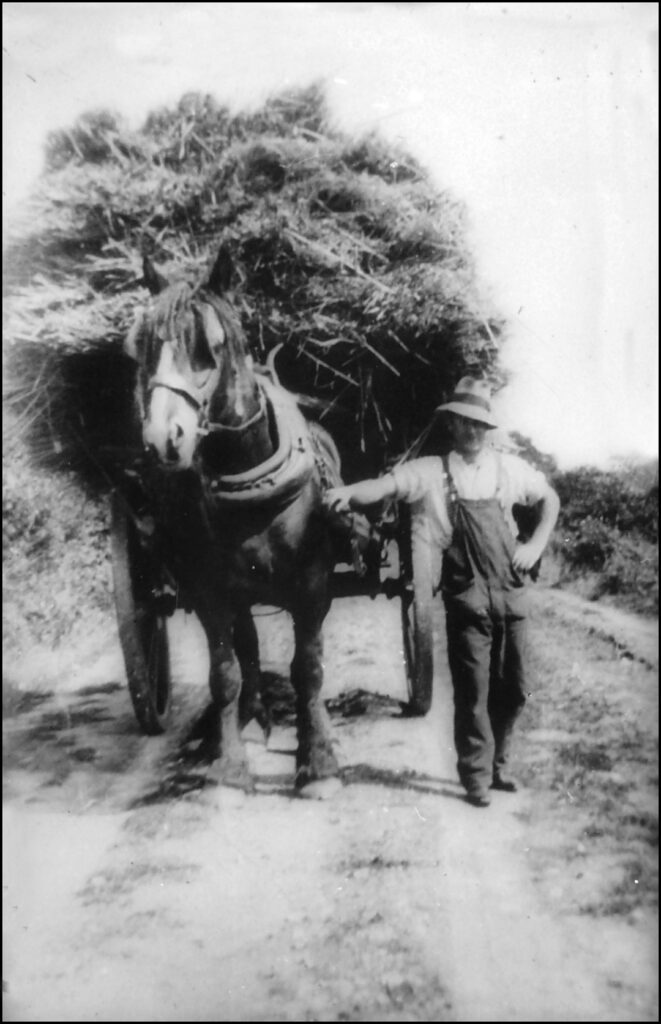
BUTCHERS
The butchers in 1900 – 1914 were: at the top end of the High Street, Ralph Horn, Ralph Payne opposite the Church Schools, Winchell at the Cross, Seamark in Finedon Road and Robert Horner in Meeting Lane.
Ralph Horn was a good racing cyclist and a big man, a proper sporting type. Later he became landlord of the Bull Hotel; had wagonettes, brakes, traps and horses for hire; kept greyhounds and ran his butcher’s business for quite a time – Mrs. Horn looking after The Bull. There were, of course, grooms and drivers.
In those days, all the outings, football matches, choir contests, band contests and feasts were visited by means of these vehicles. A good long brake ride was usually a very enjoyable affair, with suitable stops, usually at a roadside hostelry, to rest the horses and slake the thirst of the outing party.
Robert Horner had a few cows and a cob, and did a fair butcher’s trade. A very gruff man. Bert, the son, was as gruff as his father, but the rough was more a surface affectation. They would, however, argue about the best way to kill any beast they happened to have for slaughter, but they would soon put paid to the animal in question. They also made the best lard in town
Winchell left the town before the First World War and Arthur Gates took the business – a very good butcher. Medium build, he could handle any beast single-handed, as could Bert Horner, and pole-axe it.
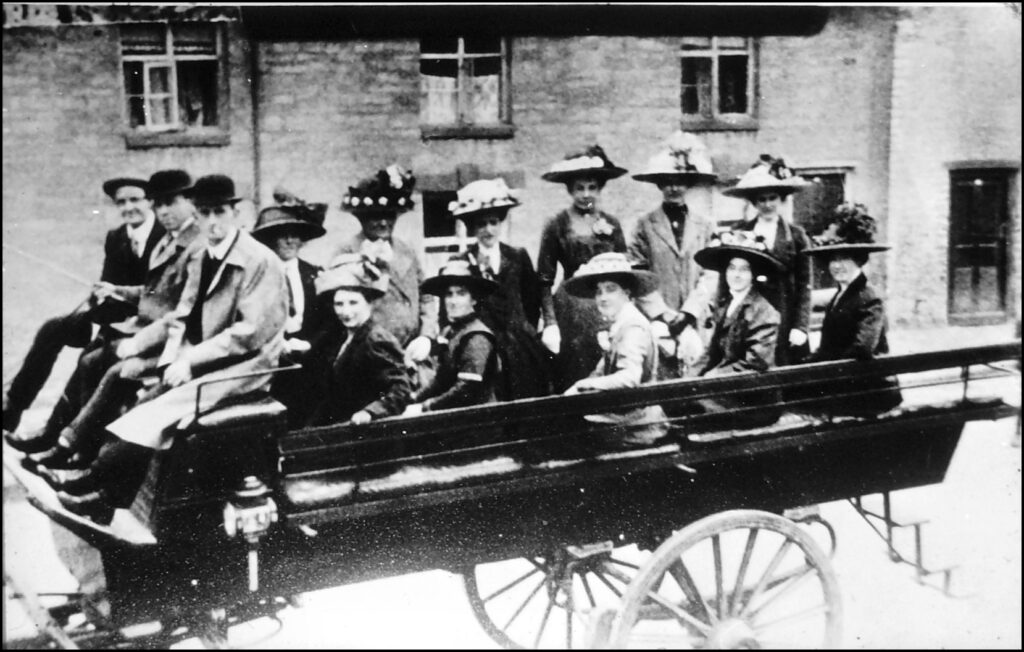
BAKERS
The bakers I remember in the town were Fred Parsons, Horace Hazeldine, Rawlins and the Co-op.
Parsons, who was also a farmer, lived at a farm up the Wellingborough Road and had four sons, John, Harry, Tom and Ted. John stayed on baking, the others took up farming. The bakery was burned down about 1899 and although young, I remember it burning, and then the opening of another bakery in High Street West – good bakers.
Horace Hazeldine was the baker at the Cross – he had a beard – and he used to make lovely cakes and pork pies. Mrs. Hazeldine used to help. The place used to smell lovely to us youngsters.
Rawlins had a bakery opposite the Church Schools. He had a beard, but not as tidy as Mr. Hazeldine’s, and I always thought with childish suspicion that there might be a few hairs in the bread.
There was a Co-op bakery too, but I never took much interest in the Co-op when I was young. My parents were not members until after the First War. Father, being a Conservative, did not like the radical set-up on the Co-op committees.
